4 produse, 66.00lei
Alcohol and Sleep: The Truth Behind Your Nightcap
- By Nanotel
- /
- Sober living
- |
- 91 Views
- |
- 0 Comment

On top of that, insomnia and alcohol use disorder can interact in a bidirectional way. In other words, alcohol use can bring about sleep disorders, and having a sleep disorder could also play a role in developing alcohol addiction. This can does alcohol cause insomnia happen because many people self-medicate with alcohol to fall asleep faster, not realizing the harm it can do in the long run. In short, it’s mainly due to your body rebalancing itself after stopping a substance. And because alcohol is a sedative, the withdrawal can follow the opposite sort of pattern. For example, you might feel overstimulated, restless, and anxious after quitting.
Insomnia and Alcohol Use Disorder
If you’re struggling with alcohol use disorder (AUD), you may develop insomnia during withdrawal or recovery. Fortunately, there are ways to improve your sleep during withdrawal. Because alcohol affects everyone differently, even a tiny amount of alcohol can lead to poor sleep quality. During alcohol withdrawal, it’s crucial to address both the physical symptoms of withdrawal and any underlying mental health conditions that may contribute to insomnia, such as anxiety or depression.
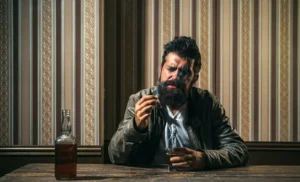
Understanding insomnia: Causes, effects, and solutions for better sleep
While this may work for a short time, typically, more alcohol is needed to accomplish this over time. This practice can mask an underlying sleep disorder such as obstructive sleep apnea which may be causing the insomnia in the first place. “Even if alcohol initially helps someone fall asleep, they may wake up many times throughout the night or not get into a deep sleep,” she continues. “Initially, alcohol reduces the amount of time it takes to enter stage 3 — Non-REM, slow-wave sleep, the deepest sleep stage where we are mostly unconscious,” says Rohrscheib. As a neurological depressant, alcohol can affect more than just sleep patterns in the brain. Obstructive sleep apnea is a sleep disorder where moments of hypopneas, periods when breathing is cut off and a person can’t get enough oxygen, occur.
Why Does Alcohol Affect Sleep?

The body gets excited after it’s been artificially suppressed through the alcohol.” Besides fitful sleep, you might need to get up to go pee a few times (alcohol is a diuretic, after all!). Alcohol relaxes your muscles and restricts your airflow, so you might find yourself snoring. Because alcohol is a sedative, similar to any sleeping medication, sleeping pills and alcohol is highly dangerous.
How to Get Help With Alcohol Addiction
But while alcohol may help you feel relaxed and sleepy, it can ultimately lead to disrupted sleep and make you more likely to be tired the next day. And regularly using alcohol to fall asleep can lead to serious health consequences. Like alcohol and insomnia, drinking is closely connected with sleep apnea. Research has found that people who consume any alcohol have a 25% higher risk of developing obstructive sleep apnea (OSA).

Statistics show that 5.3 percent of all people 12 and older in the U.S. have an alcohol use disorder. And many others might deal with problematic drinking, but fall into the gray area. All this is to say that “just quitting” isn’t always easy, even when alcohol use harms your sleep and well-being. For example, those who are sensitive to alcohol might get a rough night of sleep after only one or two cocktails. Conversely, someone else could sleep soundly even after several shots.
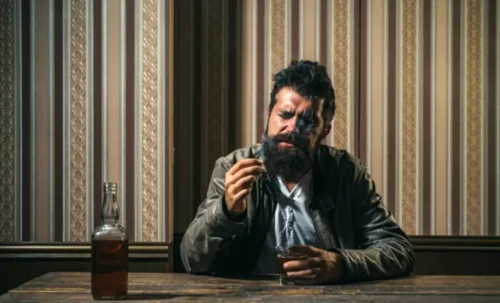
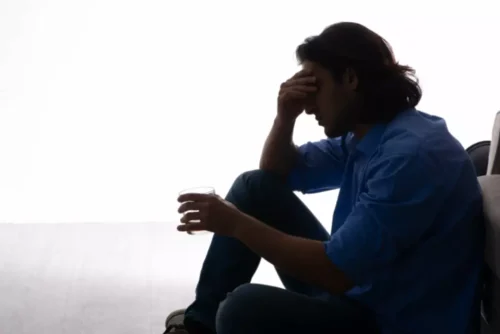
Alcohol depresses your central nervous system, which means your brain activity, breathing, and heart rate all slow down when you’re intoxicated. When you’re heading to bed after a long day, a few drinks can feel like the https://ecosoberhouse.com/ perfect way to get some shuteye. But the truth is, alcohol’s alleged “sleep-enhancing” benefits may not be all they’re cracked up to be. Since alcohol can cause lightheadedness and sedation, people assume it can be a makeshift sleep medicine.
- However, research has shown that alcohol disrupts your REM sleep, and can make you more wakeful during the second half of the night.
- Here’s what to know about how a nightcap can affect your sleep and why doctors say it’s not a good idea to rely on alcohol as a sleep aid.
- Withdrawal from alcoholic insomnia happens when regular drinkers abruptly stop, and they may experience rebound insomnia.
- The research has found that drinking impacts every stage of sleep, leading to tossing, turning, and sometimes hangovers the next day.
Make your room agreeable, dim, and calm what is alcoholism to advance continuous rest. It’s just as important as a nutritious diet and regular exercise. While you snooze, many parts of your body get a chance to reset.
-
Transport gratuit in Ploiesti
-
Telefon: 0746.216.034
-
Livrare 24/48 h
-
Produse Certificate
Cosul tau de cumparaturi
Subtotal: 66.00lei (4 produse)






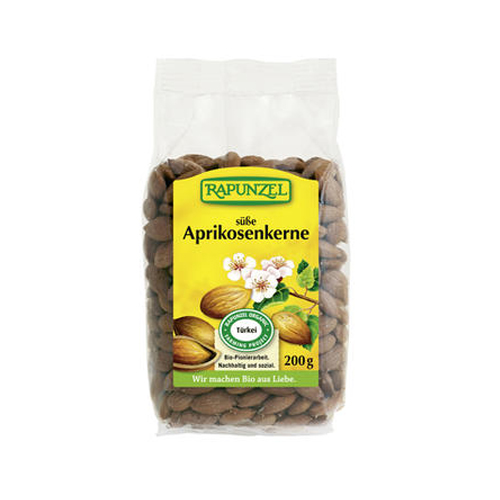

Lasă un răspuns